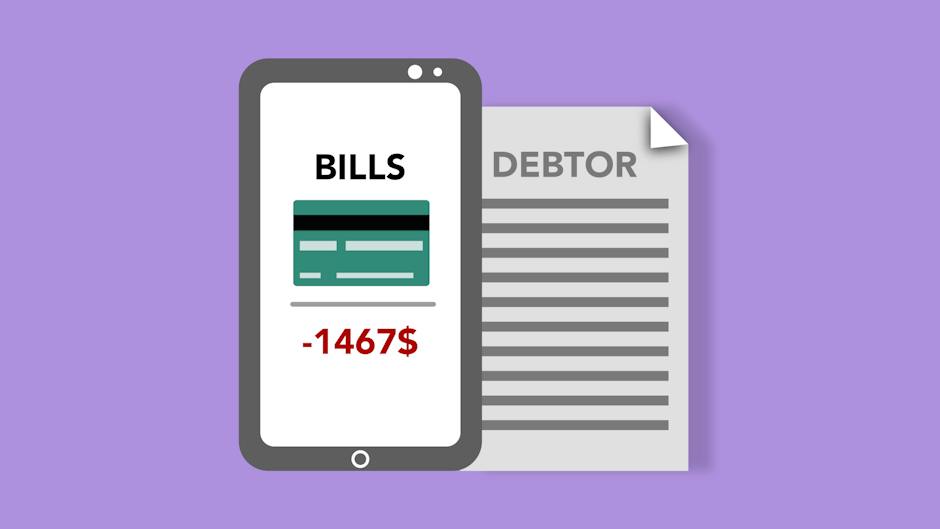
Key Takeaways:
A biweekly paycheck is a payment received every two weeks, typically resulting in 26 paychecks per year. This differs from a bimonthly paycheck, which is twice a month and totals 24 paychecks per year.
Building and maintaining an emergency fund is a key aspect of biweekly budgeting.1 This fund acts as a financial safety net for unexpected expenses, such as emergency repairs or medical bills, ensuring that these costs don't derail your regular budget.
Leveraging budgeting tools and apps can significantly streamline the process of managing your finances.2 These tools help in tracking expenses, setting spending limits, and monitoring savings progress, making it easier to adhere to your biweekly budget.
Efficient budgeting with a biweekly paycheck involves carefully allocating funds for regular expenses, savings, and debts. It also includes strategic planning for 'bonus' months with an extra paycheck, which can be used for additional savings, debt reduction, or major purchases.
When you receive a biweekly paycheck, it's crucial to have a solid budgeting plan in place. This financial strategy is key to ensuring that your expenses are covered, and your financial goals are on track. In this article, we'll delve into how to budget biweekly paycheck effectively, providing insights and tips to help you manage your finances efficiently. We understand that everyone's financial situation is unique, so we'll cover various approaches to suit different needs.
“A biweekly paycheck often results in two 'extra' paychecks per year, offering a unique opportunity to boost savings or pay down debt.”
Budgeting with a biweekly paycheck, where you receive your wages every two weeks, presents unique opportunities and challenges for financial management. Unlike a bimonthly payment schedule, which consists of two payments per month, a biweekly schedule results in 26 paychecks per year. This means you'll receive two extra paychecks annually, which can significantly impact your budgeting strategy.
Here's a structured approach to help you budget effectively to ensure that your income aligns with your expenses and savings goals.
Understand Your Total Monthly Income: Calculate your total monthly income by multiplying your biweekly paycheck by two. Twice a year, you’ll get three paychecks in a month. Plan ahead for these ‘bonus’ months – maybe use this extra paycheck for savings or paying down debts.
List All Monthly Expenses: Jot down every regular expense like your rent or mortgage, utility bills, food, transport costs, insurance, and any payments on debts or loans. Cut each of these expenses in half to match your biweekly paycheck. This way, you know exactly how much to set aside from each paycheck to cover these costs.
Planning for Occasional Expenses: Set aside a small part of each paycheck for those yearly or unpredictable costs – think things like your car needing a service or yearly insurance payments. Don’t forget to plan for holiday expenses or any personal events that might pop up.
Allocate Funds to Each Expense: Decide on an amount or percentage from each paycheck to go into savings – treat it like a non-negotiable expense.
Emergency Fund is Key: If you don’t have an emergency fund, start building one.1 This is your safety net for unexpected expenses like a sudden car repair.
Monitoring and Adjusting Your Budget: Regularly check your budget. Are you spending more on groceries than you planned? Adjust your budget to stay on track. For day-to-day spending like eating out or entertainment, set a limit. If you spend less one week, you can carry it over to the next.
Using Budgeting Tools: There are many apps and tools out there that can make tracking your spending easier. Find one that works for you.2
Remember to Adjust as You Go: Life changes, and so will your budget. Be flexible and willing to tweak your budget as needed.
In months with three paychecks, use the extra paycheck strategically. Consider allocating it towards larger financial goals like paying off debt, adding to your savings, or making significant purchases. Avoid the temptation to splurge by planning for these months in advance.
Yes, it's important to review and adjust your budget regularly to account for changes such as inflation or shifts in living costs. Periodic adjustments ensure that your budget remains realistic and effective in meeting your financial needs.
Set aside a fixed amount from each paycheck into a healthcare fund. If you have health insurance, factor in premiums, deductibles, and out-of-pocket expenses. For unexpected medical costs, ensure your emergency fund is sufficiently stocked.
Ideally, do both. Allocate a portion of each paycheck to debt repayment and another portion to savings. Prioritize high-interest debts to reduce overall interest payments. Adjust the ratio according to your financial priorities and obligations.
For fluctuating income, calculate an average based on past earnings and budget accordingly. For variable expenses, review past months to find an average and set this as your budget limit. Always maintain a buffer for unexpected changes.
“Effective budgeting with a biweekly paycheck can lead to substantial savings.”
In conclusion, mastering how to budget biweekly paycheck is an essential skill for financial stability and growth. By dividing your expenses in line with your pay schedule, setting clear savings goals, and being mindful of your spending, you can effectively manage your finances. Remember, the key to successful budgeting is adaptability and regular review. With these strategies in place, you're well on your way to making the most of your biweekly paycheck and achieving your financial objectives.
Are you aiming for a high-earning career? Explore our article on 'High-Earning Opportunities: Jobs with a 6-Figure Salary' to discover the paths that can lead you to a lucrative and rewarding future.
